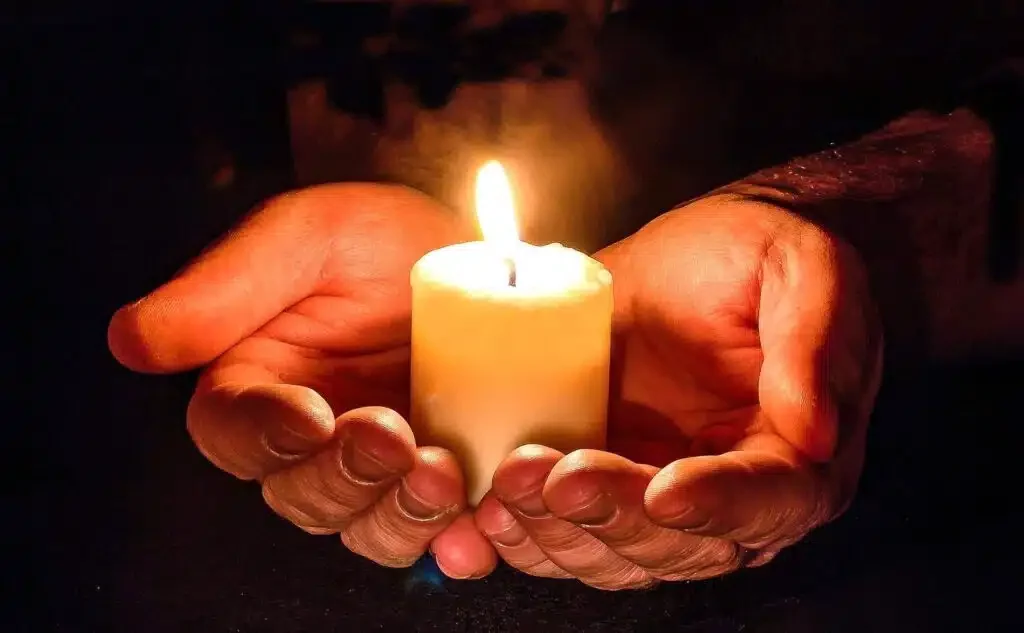My role at a funeral is one of profound responsibility and deep compassion. It is about honoring the life of someone who has passed and creating a ceremony that provides comfort and connection for those left behind. Every step of this process is approached with sensitivity, respect, and an unwavering focus on the needs and wishes of the grieving family.
The process begins with meeting loved ones to learn about the person who has passed. This is a time for listening—hearing their stories, memories, and reflections that paint a picture of a life well-lived. It’s also an opportunity to understand the family’s wishes for the ceremony, whether they envision it as a celebration of life, a solemn tribute, or a combination of both. The aim is to craft a ceremony that feels authentic and deeply personal.
I help families consider the elements that can be included in the service, such as readings, music, symbolic rituals, or tributes from friends and family. These elements come together to create a meaningful and heartfelt farewell. The celebrant may also offer guidance on practical aspects, such as the order of service, ensuring the ceremony flows smoothly and respectfully.
One of the most significant aspects of the role is writing and delivering the eulogy. This is often the centrepiece of the ceremony, capturing the essence of the person’s life, their relationships, achievements, passions, and personality. I works closely with the family to ensure every detail is accurate and resonates with their memories.
On the day of the funeral, I acts as a guide, holding space for grief while also leading the ceremony with care and professionalism. I provide a calm, supportive presence, ensuring the family feels comforted and supported. The celebrant’s words and actions help create an environment where loved ones can reflect, honor, and say goodbye in a way that feels right for them.
Ultimately, my role at a funeral is to help families create a ceremony that not only acknowledges the loss but also celebrates the life and legacy of the person who has passed. It’s a role that demands empathy, respect, and a commitment to making one of life’s most difficult moments meaningful and healing.

